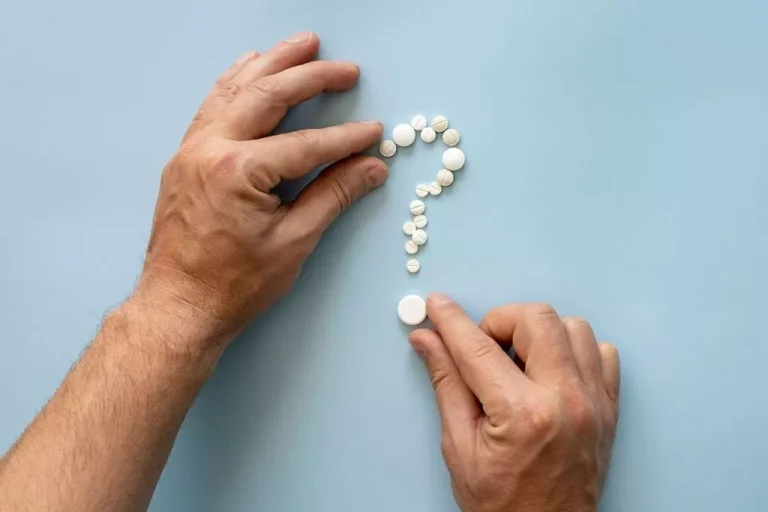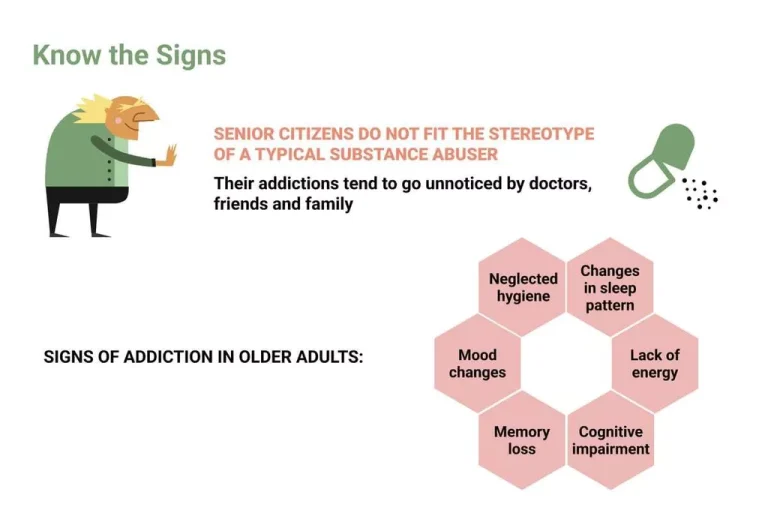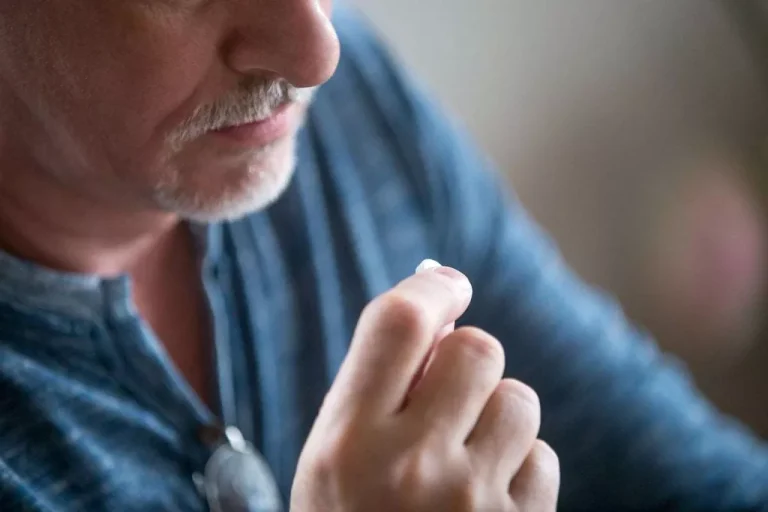
Understanding the interplay of alcohol and blood thinners is essential for maintaining health and safety. The potential hazards of drinking alcohol while on anticoagulants are significant, leading to increased risks of bleeding, complications with health conditions, and long-term health impact. If you’re prescribed blood thinners, your first step in understanding alcohol consumption guidelines should be talking with your doctor.
- Moreover, alcohol can raise the likelihood of falls or injuries, and any wound can become more serious if blood does not clot properly.
- Alcohol treatment uses various methods to help with withdrawal and addiction.
- Alcohol use should be limited while taking aspirin, particularly in the two hours before or after using it.
- Sometimes, however, a blood clot can appear in blood vessels such as the aorta artery that supplies your heart or brain with oxygen-rich blood.
- Call your doctor right away if you have any unexplained bleeding or bruising, nausea or vomiting, blood in your urine or stools, headache, dizziness, or weakness.
Talking to Your Doctor

Alcohol can elevate the chance of gastrointestinal bleeding, and chronic use may strain the liver, potentially altering drug metabolism. Occasional, moderate consumption might be permissible under careful medical advice, but any signs of unusual bruising or bleeding should be reported to a healthcare provider immediately. By understanding the relationship between blood thinners and alcohol, you can make informed decisions about your health and minimize your risk of complications. Moderate drinking is typically described as consuming no more than 3-4 drinks per day for men and no more than 2-3 drinks per day for women.

Eliquis: An Overview
- Blood thinners are broadly categorized into anticoagulants and antiplatelets.
- My book is written as an easy-to-read, complete A to Z guide on atrial fibrillation, written in everyday language for any patient to understand.
- Explore essential information on paroxysmal atrial fibrillation (AFib), a condition characterized by irregular heart rhythms.
- Alcohol might counteract or intensify the medication’s effects, causing either excessive bleeding or increased clot risk.
Yes, you can, but heavy drinking or binge drinking will raise your risk of excessive bleeding. If you or someone you love is facing alcohol addiction, professional treatment can help foster safer, healthier habits. The Recovery Village Indianapolis offers medical detox programs and inpatient rehabilitation services designed to help you overcome alcohol dependence. Contact our caring Recovery Advocates today to discover how we can support you in building a healthier, alcohol-free future.
- Further, alcohol can affect how long it takes for your body to process blood thinners.
- Alcohol can disrupt this balance, altering how the medication works and the blood’s thickness.
- If you are drinking more alcohol units than recommended while taking prescription blood thinners, talk to your doctor.
- In addition, some direct-acting oral anticoagulants are broken down in the liver for excretion.
- However, when mixed with alcohol, these drugs can lead to adverse effects.
Start the road to recovery
However, it is important you keep your diet stable if you are on blood thinners, especially when taking blood thinners and alcohol Warfarin. If you do drink, you should not exceed the maximum weekly recommended intake of 14 alcohol units a week (a glass of wine is two units and a pint of beer or lager is two or three). Non-steroidal antiinflammatory drugs (NSAIDs) are frequently used pain relievers found as over-the-counter (OTC) and prescription products. Common examples include Advil or Morin (ibuprofen) and Aleve (naproxen). Remember, recovery is a journey, and at JourneyPure, we are dedicated to walking alongside you every step of the way. If you or a loved one is struggling with addiction and medication management, we are here to help.

- This interaction may result in a prolonged presence of the medication in the body, potentially causing complications.
- We specialize in compassionate, evidence-based care tailored to your needs.
- When you drink blood thinners and alcohol, it can interact with the medication and potentially increase the risk of bleeding or other adverse effects.
- Alcohol use should be limited while on Plavix, and specific cases should be discussed with a doctor.
- Any educational information on this page does not replace an in-person consultation with your local cardiologist or electrophysiologist.
This inhibition disrupts the propagation phase of the coagulation cascade, thereby decreasing the ability to form blood clots. If you take Warfarin and drink alcohol, your blood can’t clot properly and you can experience major bleeding. For this reason, it’s advised that you limit your alcohol intake to one or two drinks. The Recovery Village Indianapolis offers comprehensive addiction treatment for drug and alcohol addictions and co-occurring mental health conditions. Given these effects, the interaction of alcohol and blood thinners is complex and highlights the necessity for caution in patients taking these medications.
Within 5 Drug rehabilitation minutes, you’ll receive an email with these details – free of charge. Someone using alcohol while taking Brilinta should speak with their doctor about the risks that are specific to their situation. If you choose to drink while taking warfarin, have the combination approved by your doctor first.
This entry was posted on 월요일, 4월 12th, 2021 at 8:25 오후
You can follow any responses to this entry through the RSS 2.0 feed.
Posted in: Sober living
